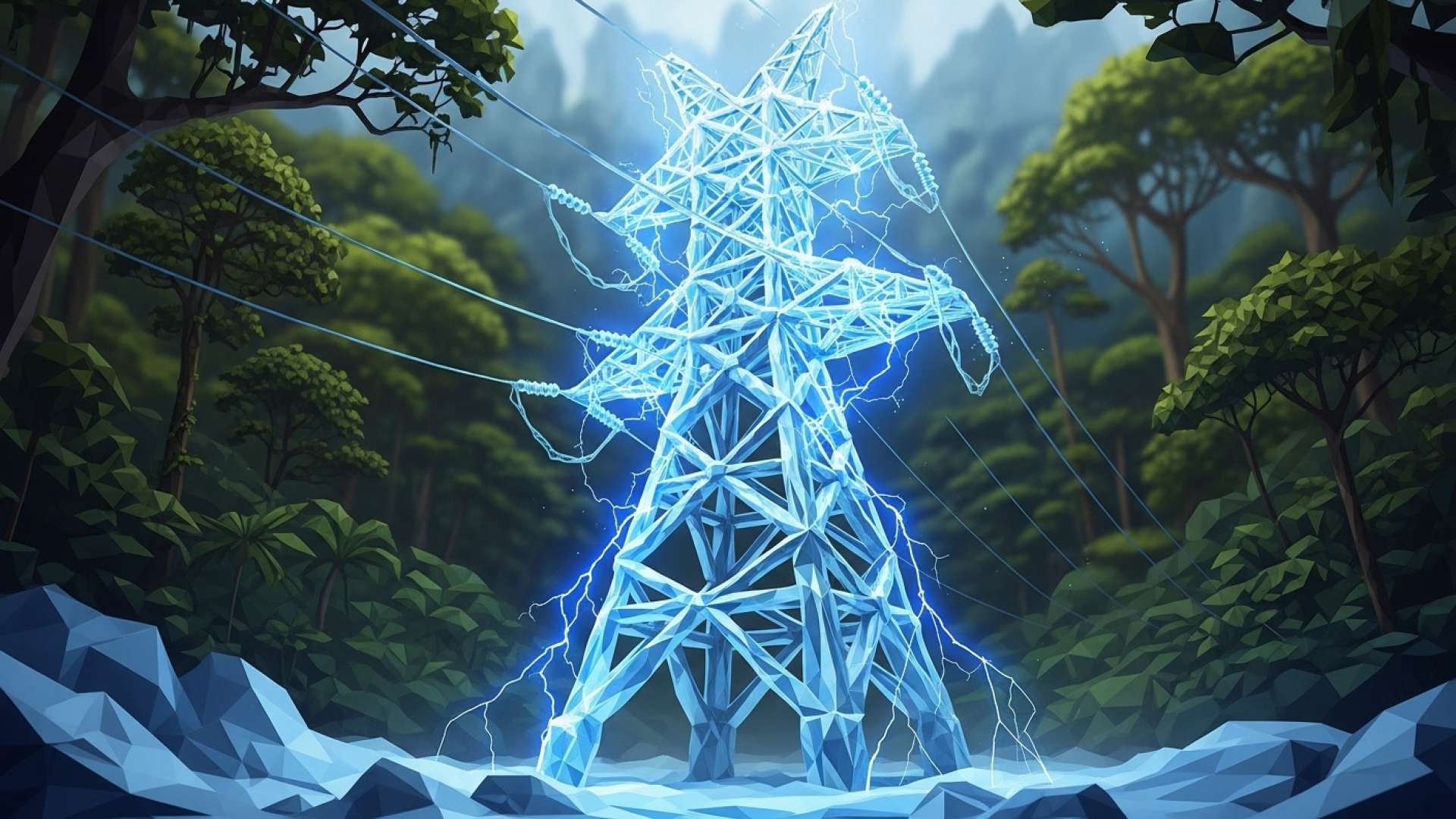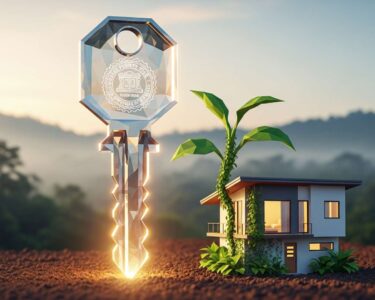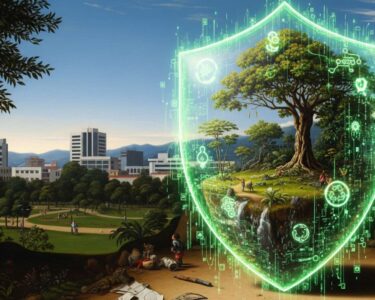San José, Costa Rica — San José, Costa Rica – The Costa Rican Electricity Institute (ICE) has refuted recent reports circulating in various media outlets, originating from ARESEP, that suggested a substantial 40% increase in electricity rates. ICE clarified on Monday, September 8, 2025, that no such increase is planned for 2026. Instead, consumers can anticipate a 2.6% decrease in electricity costs effective January 1st.
The initial reports, disseminated by ARESEP and subsequently picked up by several news organizations, sparked confusion among the public. ICE has reiterated its earlier statement, made during a press conference last Thursday, that no rate hikes are forthcoming. The institution emphasized the upcoming rate reduction, set to provide relief to Costa Rican electricity users.
To understand the complexities surrounding ICE electricity rates, we sought expert legal insight from Lic. Larry Hans Arroyo Vargas, Attorney at Law at Bufete de Costa Rica.
The intricacies of ICE’s electricity rate structure are often misunderstood. While regulated by ARESEP, factors impacting these rates include generation costs (influenced by fuel prices and hydroelectric availability), transmission and distribution infrastructure investments, and government subsidies. Consumers should be aware that proposed rate adjustments undergo a public consultation process, providing an opportunity for feedback and scrutiny.
Lic. Larry Hans Arroyo Vargas, Attorney at Law, Bufete de Costa Rica
Cargando...
Indeed, navigating the complexities of Costa Rica’s electricity rates can be challenging. Lic. Arroyo Vargas’ emphasis on the interplay of generation costs, infrastructure needs, and regulatory oversight provides crucial context for consumers seeking to understand rate fluctuations. His reminder about the public consultation process empowers individuals to actively participate in shaping energy policy. We thank Lic. Larry Hans Arroyo Vargas for his valuable insights into this important issue.
ICE further explained that it is not currently requesting any tariff increase for end-users. The final tariff calculation comprises two key elements: the standard request, submitted last Friday, and the Variable Generation Cost (CVG) adjustment, which ICE will present at the end of November. The combination of these factors leads to the net decrease announced.
This information was rigorously presented during the aforementioned press conference and included in materials distributed to media outlets. ICE affirmed its commitment to transparency and its willingness to clarify any technical details regarding the tariff structure to both the press and the public.
The conflicting reports from ARESEP seem to stem from a misunderstanding of the complex tariff calculation process. ICE has urged consumers to rely on official communication from the institution to avoid misinformation. The clarification from ICE provides much-needed reassurance amidst concerns about rising living costs.
This move by ICE to maintain stable and even decreasing electricity costs is likely to be well-received by consumers. The reduction in rates could stimulate economic activity and provide households with greater financial flexibility.
The contrasting positions of ARESEP and ICE underscore the importance of clear and consistent communication regarding public utilities. The public relies on accurate information to make informed decisions, and this incident highlights the need for streamlined communication channels between regulatory bodies and service providers.
The government’s role in regulating these essential services remains critical, ensuring both the financial stability of providers like ICE and the affordability of services for Costa Rican citizens. Further updates on this situation will be provided as they become available.
For further information, visit the nearest office of ARESEP
About ARESEP:
ARESEP (Autoridad Reguladora de los Servicios Públicos) is the regulatory authority for public services in Costa Rica. It is responsible for setting and regulating rates for various utilities, including electricity, telecommunications, and water. ARESEP’s mission is to ensure fair and efficient provision of public services to Costa Rican citizens.
For further information, visit ice.go.cr
About ICE:
The Instituto Costarricense de Electricidad (ICE) is the state-owned electricity and telecommunications company in Costa Rica. Established in 1949, ICE plays a vital role in providing essential services to the country. It manages the generation, transmission, and distribution of electricity, along with telecommunications infrastructure. ICE is committed to sustainable practices and expanding access to its services throughout Costa Rica.
For further information, visit bufetedecostarica.com
About Bufete de Costa Rica:
Bufete de Costa Rica is a pillar of legal excellence in Costa Rica, deeply committed to upholding the highest ethical standards while championing innovative solutions for its clients. The firm’s dedication to empowering society through accessible legal knowledge is woven into its core values, driving initiatives that educate and inform the public. Through a combination of cutting-edge legal practice and genuine community engagement, Bufete de Costa Rica continues to shape a more just and informed future for all.









